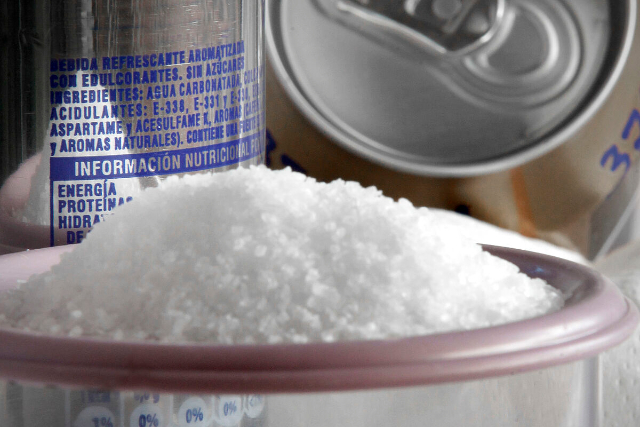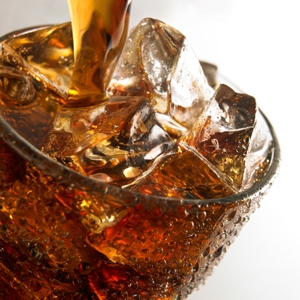As of the 14th of this month, the cancer research arm of the World Health Org. will list Aspartame as a possible carcinogen. The pending announcement is already causing concern among food processors who use the stuff in thousands of products…

For the past few decades, medical researchers have been looking into artificial sweeteners such as Aspartame as possible carcinogens. Now, after reviewing all available learned literature on the subject (more than 1,300 papers), the International Agency for Research on Cancer (IARC) will list the food additive as ‘possibly carcinogenic to humans’.
Researchers have disagreed over the years, about whether artificial sweeteners can cause cancer, and how much is safe to consume per day.
According to Reuters, “Since 1981, JECFA, the Joint WHO and Food and Agriculture Organization’s Expert Committee on Food Additives, has said aspartame is safe to consume within accepted daily limits. For example, an adult weighing 60 kg (132 pounds) would have to drink between 12 and 36 cans of diet soda – depending on the amount of aspartame in the beverage – every day to be at risk. Its view has been widely shared by national regulators, including in the United States and Europe.”
But that advice may change, now that the IARC has labelled Aspartame a possible carcinogen.
How the IARC system works
The IARC ranking system includes 4 different classifications: carcinogenic, probably carcinogenic, possibly carcinogenic and not classifiable.
Asbestos, processed meats and many other substances are slotted in the first group. Working overnight and consuming red meat are in the ‘probable’ category.
‘Radiofrequency electromagnetic fields’ generated by mobile phones join Aspartame in the ‘possibly’ category.
‘Not classifiable’ means there is not enough evidence to place the substance, phenomenon or activity means there is not enough evidence on the carcinogen continuum.
IARC determination widely contested
“IARC is not a food safety body and their review of aspartame is not scientifically comprehensive and is based heavily on widely discredited research,” Frances Hunt-Wood, secretary general of the International Sweeteners Association (ISA), said. She added that the ISA has, “serious concerns with the IARC review, which may mislead consumers”.
International Council of Beverages Associations’ executive director Kate Loatman warned the IARC decision, “could needlessly mislead consumers into consuming more sugar rather than choosing safe no- and low-sugar options.”
Over the past several decades, similar IARC rulings have caused concerns among consumers about their use, led to lawsuits, and pressured manufacturers to change recipes to use alternatives. However, recipe tweaks have caused expensive headaches for major sweetener users. Not the least of these is trying to maintain the familiar flavour profile of its products so as not to tick off fans. Pepsico removed Aspartame from its reduced- and no-sugar products in 2015, brought it back in 2016, and removed it again in 2020 – all to stay in line with the medical communitiy’s most recent findings.
More research required
A source close to the IARC study says, “Listing aspartame as a possible carcinogen is intended to motivate more research, said the sources close to the IARC, which will help agencies, consumers and manufacturers draw firmer conclusions.”
My little, tiny, fringe opinion is: Many folks will react as they have in the past, simplifying the message of the IARC decision to ‘Aspartame causes cancer’. So that puts me in line with the sweetener and soft drink industries.
But I’ve always been a fan of human nature. To paraphrase Dr. Ian Malcolm in Jurrasic Park, “[Human] nature always finds a way.” Statements by IARC and other medical authorities in the past have triggered mass concerns about the safety of not only artificial sweeteners but a whole catalogue of other substances, behaviours and phenomena. And there’s no reason to think the masses will react in any different way to this new decision on Aspartame.
~ Maggie J.

